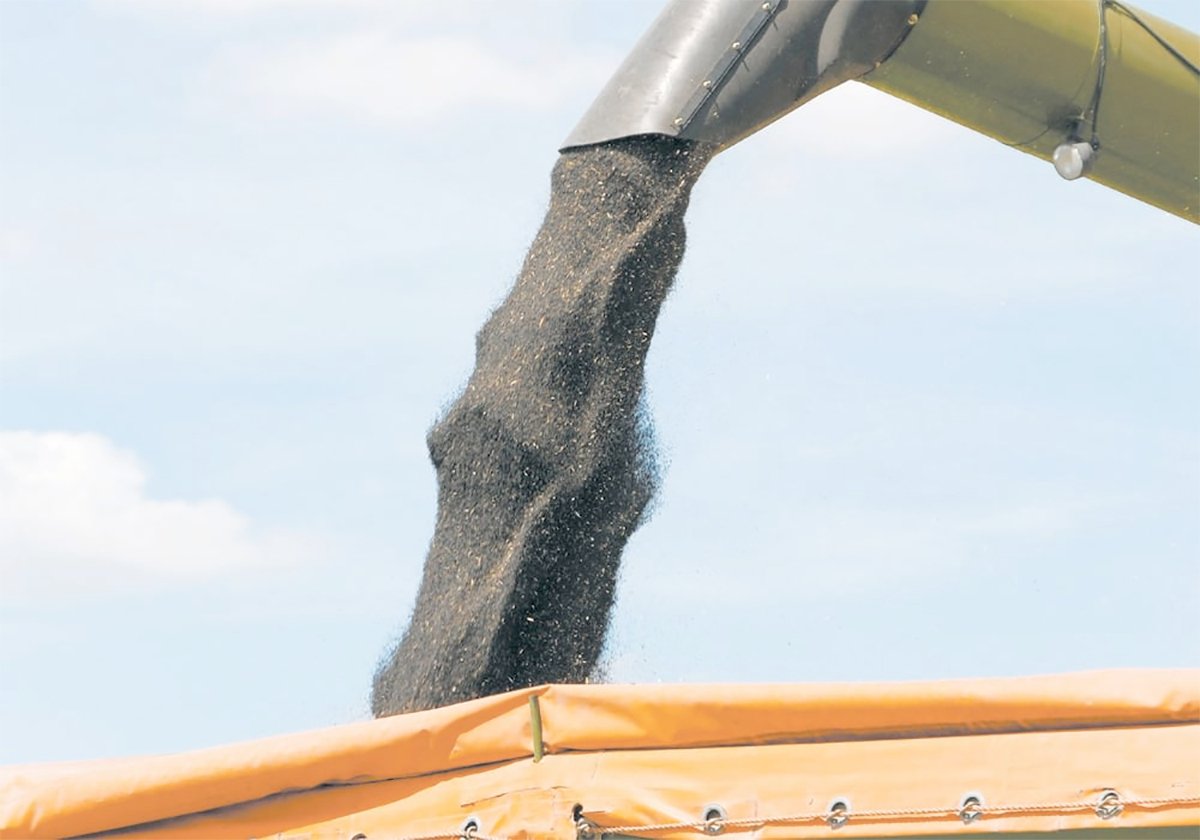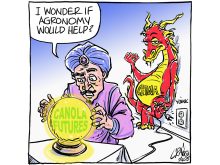Everybody loves a fighter, particularly an underdog who won’t quit (think George Chuvalo against Muhammad Ali) and the Canadian Wheat Board clearly is determined to go down fighting.
The majority Conservative government has the intention, the determination and the power to end the 68-year-old single desk for wheat and barley exports and domestic sales for human consumption by Aug. 1, 2012.
The CWB, with a majority of the elected board of directors opposed to the government plan, remains defiant.
This summer, it is organizing a producer plebiscite that the government will not organize and that almost certainly will show support for the single desk (size or even hands-on involvement in wheat or barley growing is not a prerequisite for voter eligibility). It is holding meetings across the Prairies to let farmers express their opposition, and only halfheartedly promising to provide ideas to Ottawa by September (rather late in the process that must move quickly to meet the Aug. 1 deadline) on what powers a CWB without a monopoly would need to have a chance of survival.
Read Also

Determining tariff compensation will be difficult but necessary
Prime minister Mark Carney says his government will support canola farmers, yet estimating the loss and paying compensation in an equitable fashion will be no easy task, but it can be done.
What is striking, if not surprising, is that as usual, the two sides in this bitter debate are talking past each other rather than to each other.
The Conservatives, after decades of promising to end the CWB monopoly and dreaming about it, are in no mood to discuss or negotiate the issue.
Wheat board defenders are absolutely correct to demand a business plan from the government that backs up the Conservative claim that market “freedom” will make farmers better off. This is a major policy change affecting tens of thousands of farmers, some for the better and some for the worse.
Yet there seems to be no economic analysis, beyond the ideological conviction that no farmer should be forced to deal with a monopoly (except maybe for mail service, health care and rail service). A business plan is not required because it is a matter of human rights.
No discussion is necessary.
On the other side, CWB defenders seem determined to fight come hell or high water, to refuse co-operation with the Conservative enemy, and to make sure that if they lose the political battle the wheat board will fail and they will be able to say ‘told you so.’
How else can the board’s boycott of the government task force created to design the future beyond the CWB monopoly be explained?
In a late July interview, CWB chair Allen Oberg complained that the make-up of the task force that includes the Canadian Grain Commission and some farm groups either not affected by the board monopoly (Pulse Canada and Canola Council of Canada) or hostile to the monopoly (Grain Growers of Canada) is inappropriate.
“It seems that those that are most affected are not represented on that task force,” he complained.
The CWB was invited to be there to defend its interests and explain its needs but declined.
All or nothing.
The Conservatives say they want to see a voluntary pooling wheat board survive for those farmers that want to use it, but really they don’t care what emerges as long as the monopoly is gone. CWB defenders say they will make proposals about what is needed post-monopoly, but really they don’t believe it.
All or nothing, on both sides.














